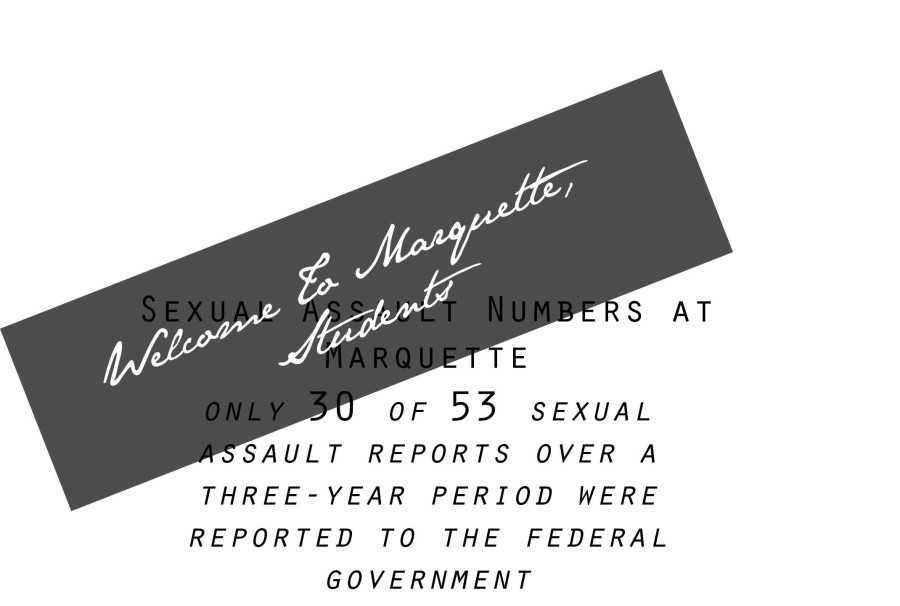A little more than a month ago, the Tribune reported that after the first weekend of the semester there were 27 alcohol related write-ups.
Thus far, administrators and university officials are unable to give a tally of write-ups through the first month. Erin Lazzar, assistant dean of students, said the number of write-ups so far is impossible to count.
“We generally tabulate those on a semester basis,” Lazzar said. “One of the difficulties in student conduct is particularly in the middle of a semester. It is too hard to give those numbers because some cases are still being heard.”
Fines were implemented in the drug and alcohol policy this semester. Depending on the offense, students are now expected to pay when caught with illegal substances around campus or in the dorms. However, Lazzar said there is more to the policy than just paying a fine.
“Every alcohol or drug violation will result in three or four parts of a sanction,” Lazzar said. “The first is what we would call a sanctioning level, which would be a warning, university probation or suspension. The second piece would be the fine, which corresponds with the type of violation. The third would be a referral for a prevention or intervention program depending on how concerned the conduct administrator is.”
School administrators remain adamant that the policy has stayed consistent throughout the fall, noting that the drug and alcohol policy can be found in the student handbook.
“I’m sure the response is mixed,” Lazzar said. “I think early on there were a lot of questions. I will say overwhelmingly students who have been found responsible and asked to pay a fine know it is coming because it is clearly stated in the handbook and is consistent. For the most part, students have prepared for the hearing, read the policy and know what sanction is most likely to be assigned.”
Stephanie Quade, dean of students, said the new elements of the policy have been positive.
“We are very pleased with the implementation of the new policy,” Quade said. “The training of the hearing officers and the student conduct boards proceeded well, and the policy has been integrated seamlessly into our system.”
Meredith Atkenson, a freshman in the College of Health Sciences, said that she thinks the new policy is efficient, but not exactly reasonable.
“I think the policy is working; it is just really strict,” Atkenson said. “I think college is about making your own decisions and having to deal with the consequences.”
However, Stacy Oommen, a sophomore in the College of Arts & Sciences, was more receptive to the policy change, saying it is just following the law.
“I think it is a good thing because underage drinking is illegal and shouldn’t happen in the dorms,” Oommen said.
A Marquette resident assistant who spoke on the condition of anonymity agreed with Oommen, adding that the new policies can be viewed as a way to think twice about drinking.
“I believe that the new alcohol policy has allowed students to have positively influenced the amount of write ups,” the RA said. “The new policies are enforced not as a direct punishment to students who violate the rules, but rather a teaching sanction to think before one drinks.”
The money from the fines goes directly to drug and alcohol programming or intervention programs. Additional help is available at the Counseling Center for students with alcohol and drug concerns.







